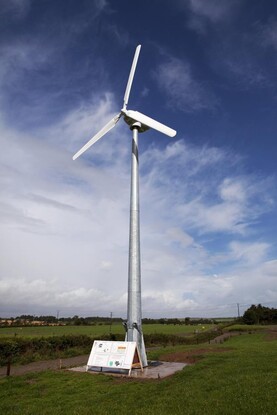“The current support system doesn’t highlight the benefits of the highlands and the islands. We are already seeing land abandonment of some of these areas before Brexit,” according to Andrew Moxey from Pareto Consulting, who was speaking at the launch of a report on the Post Brexit Implications for Agriculture in Highlands and Islands.
“Brexit adds a sense of urgency to it, but these were issues that existed before. If the movement to pillar I supports only happens in the mainland, it will be a real threat to Scotland and particularly those areas.”
One of the key challenges that the report outlined was the threat of future trade deals, and particularly the imposition of tariffs which could lead to a significant reduction in continental demand for highlands and islands beef and lamb.
“We will be pushed to the limit if we enter into a WTO free-trade agreement. Countries are trying to get hormone-fed beef, in particular, into the EU and any free-trade agreement could allow that beef into Scotland,” according to Steven Thomson from SRUC, who was involved in producing the report.
Crofting will also come under significant pressure if support payments decrease, or move to a pillar I support structure, with the report outlining that crofters in particular would struggle to return a profit from the agricultural activity alone.
“If crofting goes [in these areas] then it could lead to a loss of activity and abandonment,” said Steven.
Payments
Also speaking at the launch was Cabinet Secretary, Fergus Ewing.
“CAP and rural support payments have been essential, no more so than to farmers in the highlands and islands. We have got assurances that farm supports will continue, but that doesn’t include environmental payments or forestry payments,” Fergus said.
“I cannot say if the Scottish Government will commit to agri-environmental schemes next year. It would be premature to make policy decisions without a budget. I can say that we have started modelling policy options.”






 This is a subscriber-only article
This is a subscriber-only article










SHARING OPTIONS: